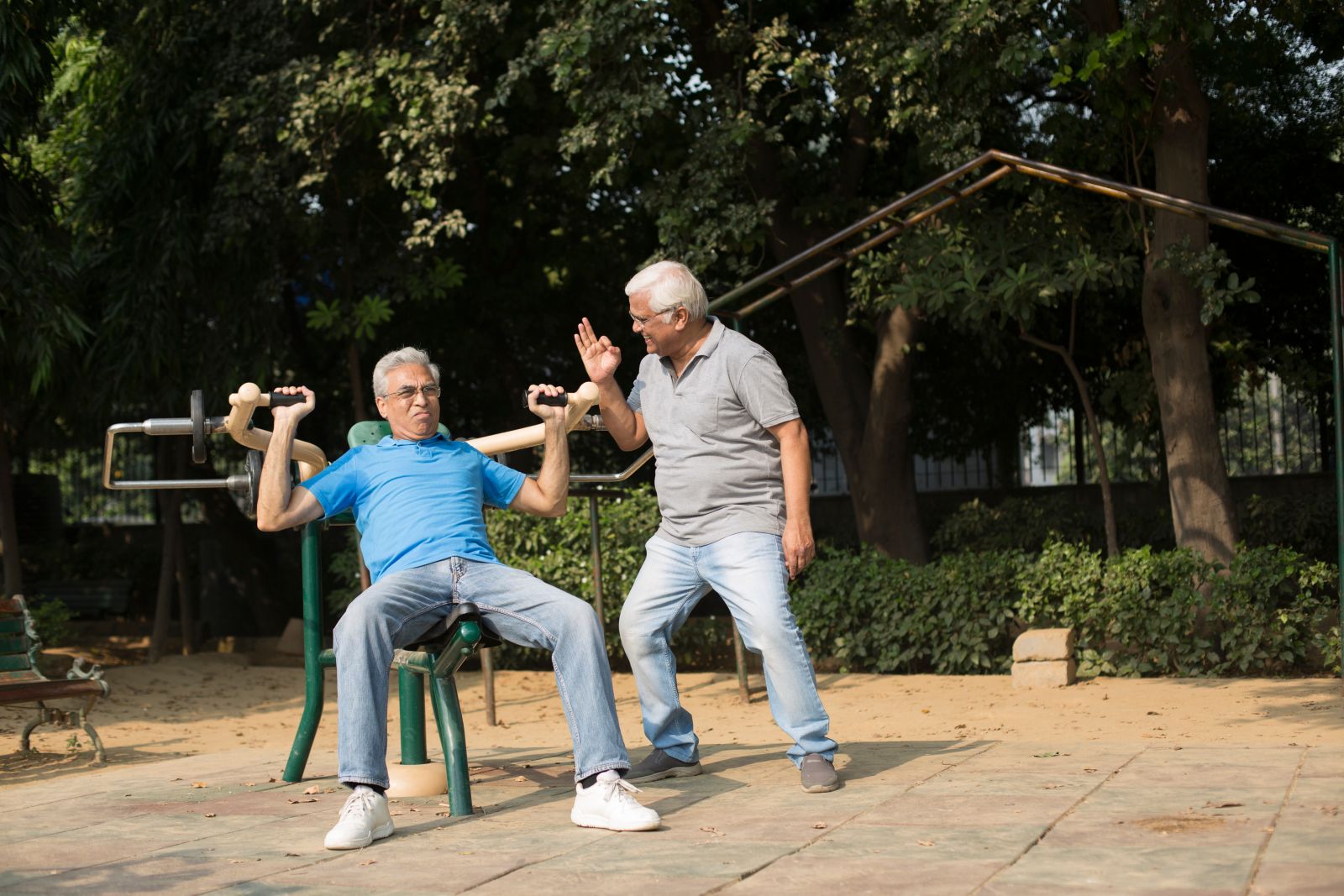ALBAWABA – Elderly Europeans, aged 65 and older, will outnumber youths below the age of 15 in Europe by 2024, the World Health Organization (WHO) said Wednesday.
The organization also warned of the new social, economic and health challenges that come with an ageing population in the organization’s European region, which covers 53 countries.
WHO’s Europe is decades ahead of the rest of the world. Globally, the shift is expected to occur 60 years later, around 2064, according to projections by the Our World in Data institute, according to Agence France-Presse (AFP).
Notably, the European region, as identified by WHO, includes countries in Central Asia.
"By 2024, it is estimated that the population of individuals aged over 65 years will outnumber those under the age of 15 in the WHO European Region," the organization said in a statement.
"This trend means new social, economic and health challenges, which demand a focus on healthy ageing to mitigate the impact of an ageing population," WHO added.
An ageing population means a shrinking labor supply and lower productivity of older workers, as well as greater pressure on the public purse for health care and pensions.
In Eastern Europe, an International Monetary Fund (IMF) research showed that an ageing population could cost these countries about 1 percent of GDP per year for the next 30 years.

WHO's recommendations include policies that encourage moderate physical activity for elderly Europeans to improve their health - Shutterstock
That will impede the growth of incomes to Western European levels, as per capita GDP for these countries will still be only 60 percent of Western European levels in 2050, the research underlined.
Although that represents an increase from 52 percent now, without the demographic challenge, it could be 74 percent, according to the IMF.
Across Europe, longer life expectancy is often synonymous with declining health.
To mitigate the impact of population ageing, the WHO called for measures to "enable older people to preserve and improve their physical and mental health, independence, social well-being and quality of life."
Such measures include policies to increase sporting and cultural activities for elderly Europeans.
"Engaging in even higher levels of physical activity can reduce the risk of all-cause mortality by 35 percent," the WHO explained.
It also said older adults could improve their health by eating a balanced diet, doing a minimum of 150 minutes per week of moderate physical activity, as well as activities that maintain balance, mobility and reduce loss of muscle mass and bone density.









